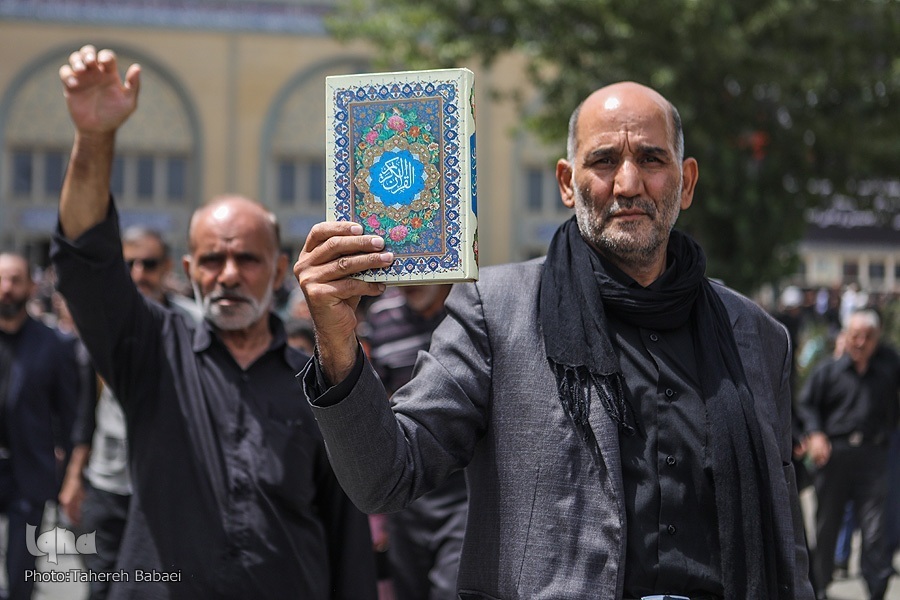Quran Desecration Outlawed by Danish Parliament

The law, which was approved by the Danish parliament on Thursday with a majority of 94 votes against 77, aims to prevent "the systematic mockery" that has increased the risk of terrorist attacks in the country, according to the Ministry of Justice.
The bill prohibits “inappropriate treatment of writings with significant religious importance for a recognised religious community” and states that anyone who burns, tears or otherwise defiles writings with significant religious importance in public or in videos meant for widespread distribution can face a fine or up to two years in prison.
The law will come into force after Queen Margrethe signs it, which is expected to happen this month.
The law was proposed after a series of protests by anti-Islam extremists in Denmark and Sweden, who burned or damaged copies of the Quran, causing anger and tension among Muslims and leading to demands for a ban on the practice.
The situation also prompted Denmark to temporarily tighten its border controls.
Between July 21 and October 24, national police recorded 483 incidents of book burnings or flag burnings in Denmark.
The law was revised after some critics argued that it would limit freedom of expression and be hard to enforce. The original version of the law covered objects of significant religious importance, not just writings.
The Danish government has maintained that the law will have a minimal impact on free speech and that other forms of criticism of religion will remain legal.
Read More:
Denmark has a history of controversy over its treatment of Islam and Prophet Muhammad (PBUH). In 2006, a Danish newspaper published 12 cartoons of the Prophet, which Muslims consider to be blasphemous and idolatrous. The cartoons sparked violent protests by Muslims around the world against Denmark.
Sweden is also considering how to deal with Quran desecrations, but it is taking a different approach than Denmark. It is exploring the possibility of allowing police to take national security into account when deciding on applications for public protests.
Source: Agencies



